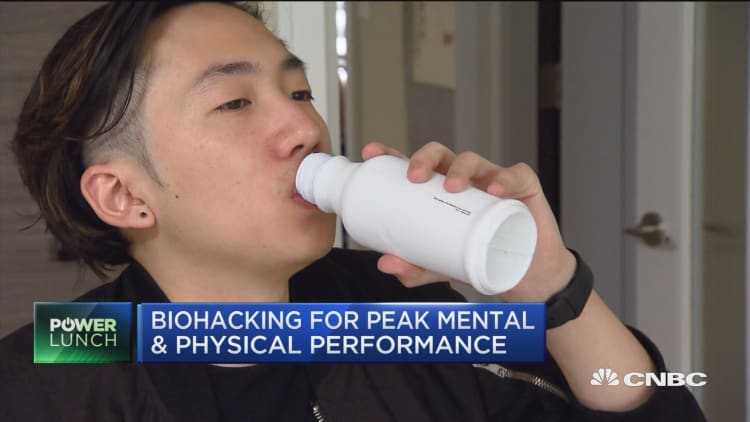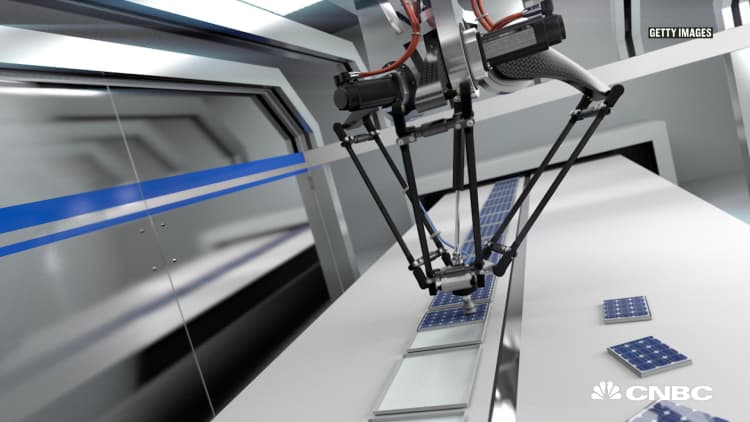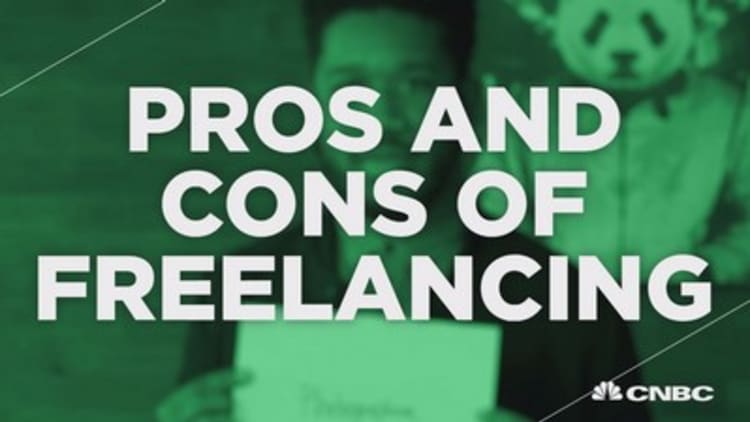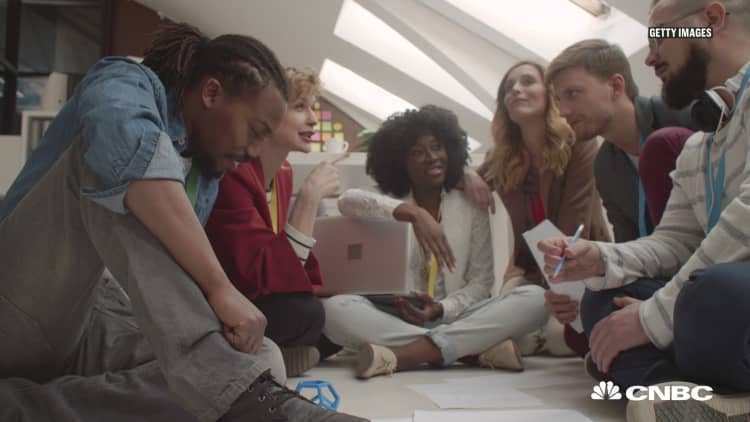Robots are going to take a seat at the conference room table in 2017.
Humans are going to be more stressed than ever.
And to stay competitive with their new robot colleagues, workers are going to start taking smart drugs.
That's according to futurist Faith Popcorn, the founder and CEO of the consultancy Faith Popcorn's BrainReserve. Since launching in 1974, she has helped Fortune 500 companies including MasterCard, Coca-Cola, P&G and IBM.
Here are five trends you can expect to see in the workplace in 2017, according to Popcorn.
Coffee alone won't keep you competitive.
Employees are going to start taking a burgeoning class of cognitive enhancers called nootropics, or "smart drugs." These nutritional supplements don't all have the same ingredients but they reportedly increase physical and mental stamina.
Silicon Valley has been an early adopter of the bio-hacking trend. That's perhaps unsurprising, as techies were also the first to try the likes of food substitute Soylent. There's an active sub-reddit page dedicated to the topic.
Nootropics will go mainstream in 2017 because "the robots are edging us out," says Popcorn. "When you come to work you have to be enhanced, you have to be on the edge, you have to be able to work longer and harder. You have to be able to become more important to your company."

Robots will rise.
Unskilled blue-collar workers will be the first to lose their jobs to automation, but robots will eventually replace white-collar workers, too, says Popcorn, pointing to an Oxford University study that found 47 percent of U.S. jobs are at risk of being replaced.
"Who would you rather have do your research? A cognitive computer or a human?" says Popcorn. "Human error is a disaster. ... Robots don't make mistakes."

Everyone will start doing the hustle.
Already, more than a third of the U.S. workforce are freelancers and will generate an estimated $1 trillion in revenue, according to a survey released earlier this fall by the Freelancers Union and the freelancing platform Upwork. The percentage of freelancers will increase in 2017 and beyond, she believes. "It's accelerating every year," says Popcorn.
She also points to some large companies that are building offices with fewer seats than employees. Citibank built an office space in Long Island City, Queens, with 150 seats for 200 employees and no assigned desks to encourage a fluid-feeling environment.
And Popcorn points to the rise of the side hustle: People "need more money than they are being paid," she says. And they don't trust their employers. "People are saying, 'I want to have two or three hooks in the water. I don't want to devote myself to one company.'"
Younger employees in particular are not interested in working for large, legacy companies like those their parents worked for, according to research Popcorn has done. "We are really turned off on 'big.'"

There will be tears.
While people have always been emotional beings, historically emotions haven't belonged inside the office. That's basically because workplaces have largely been run by men. But that's changing.
"The female entry into the workplace has brought emotional intelligence into the workplace and that comes with emotion," says Popcorn. "There is a lot of anxiety about the future, there is a lot of stress-related burnout and we are seeing more emotion being displayed in the workplace."
That doesn't mean you should start crying on your boss's shoulder, though. Especially if your boss is male. While women tend to be more comfortable with their feelings, men are still uncomfortable with elevated levels of emotion, says Popcorn, admitting that these gender-based observations are generalizations.
We are seeing more emotion being displayed in the workplace.Faith Popcornfuturist
Going forward, the futurist expects to see more stress rooms in office buildings and "more of a recognition that people are living under a crushing amount of anxiety." A stress room would be a welcoming space for employees to go to take a break and perhaps drink kava, a relaxing, root-based tea.
Open floor plans don't give employees any place to breathe, Popcorn points out: "It's like being watched 24/7." Employees put in earbuds to approximate privacy, but sitting in open spaces is not conducive to employee mental health. "It is very stressful to work in the open floors," she says. "It's good for real estate, you can do it with fewer square feet, but it's not particularly good for people."
The boundary between work and play will crumble.
"People are going to be working 24 hours a day," says Popcorn. Technology has enabled global, constant communication. The WeLive spaces that WeWork launched are indicative of this trend towards work and life integration, she says. "There is no line between work and play."



